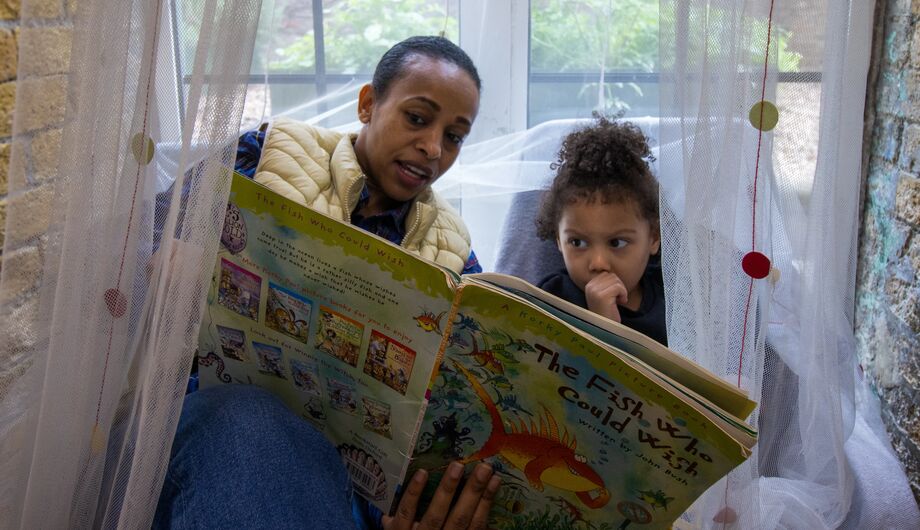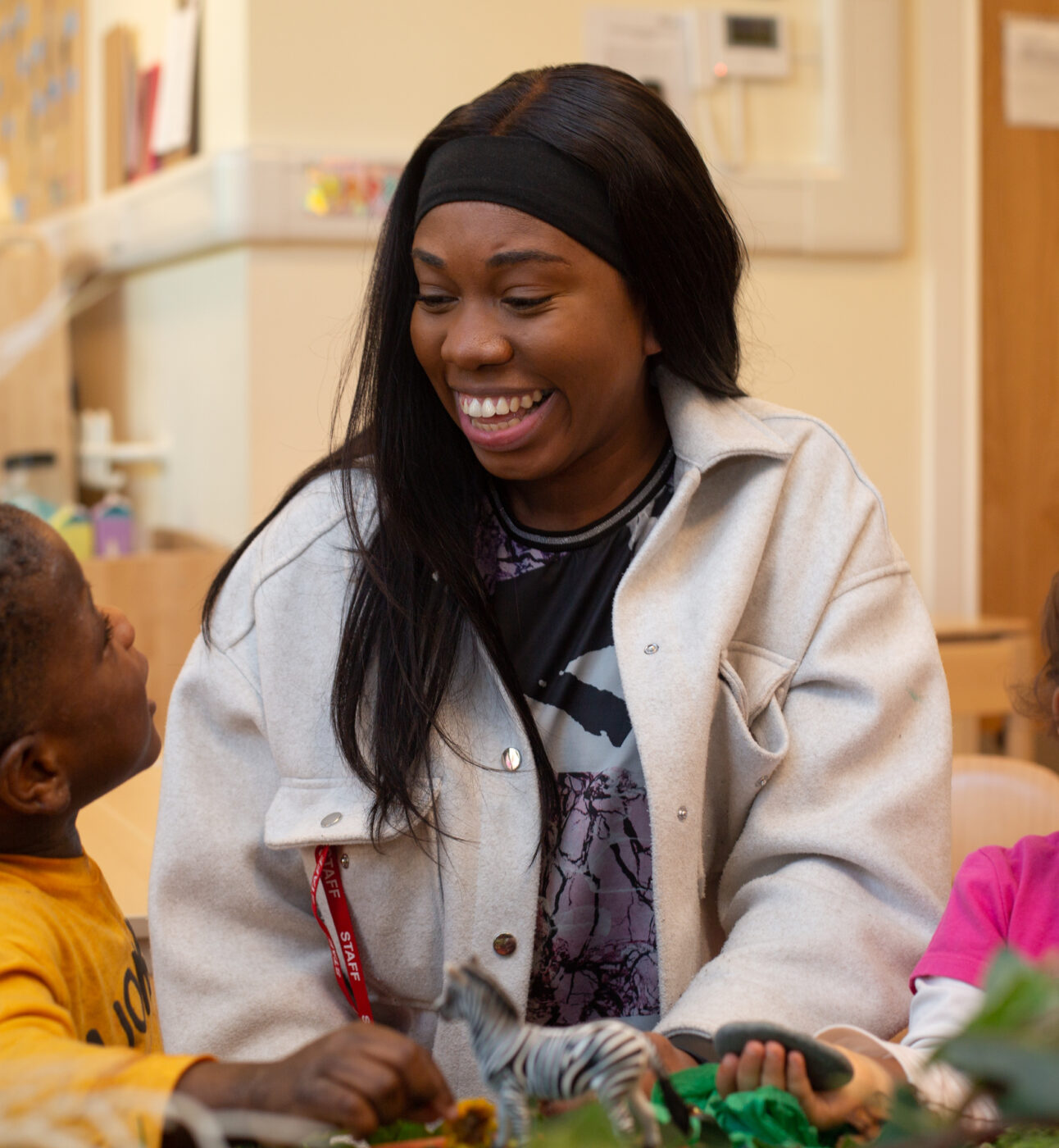
The Power of Intergenerational Nurseries
Talking Early Years: June O’Sullivan and Sue Egersdorff The world is changing fast. Technology is accelerating how we live, work and even care, but in that rush, you…
April 13th 2022
Child Poverty Affects Us All
Why is child poverty not on the agenda? It’s a horrible situation that doesn’t just affect the child but the wider society. In this podcast I am discussing the issue with Katherine Hill who is the Strategic Project Lead for the London Child Poverty Alliance.
Child poverty is not a marginal issue. Four in ten children grow up in poverty with those under the age of five the hardest hit. And in some London boroughs it’s as high as 50%. This is in the UK, the 6th richest economy in the world.
New reports highlight how we have made no progress improving the number of children living in poverty and now the COVID-19 pandemic has catapulted even more children into this crisis. Around 700,000 children in London live in poverty, which means that their household income is so low that it cannot cover the basics. 86,000 children are living in temporary accommodation. Poverty has a real impact on health, wealth and future wellbeing. The Joseph Rowntree Foundation noted that families on low incomes spend 16% of their income on energy bills compared to 5% of middle-class families.
Poverty is a scourge and an emotional drag. Older children report feeling ashamed and unhappy and worry about their parents. Disadvantaged children are 4.5 times more likely to develop severe mental health problems by age eleven (compared to their well-off peers). Children in inadequate housing have been shown to be more at risk of respiratory illnesses and meningitis. Those in the most disadvantaged areas can expect 20 fewer years of good health in their lives than children in places with more resources. During the COVID-19 pandemic, it was clear that those in poverty were more at risk, with a higher mortality rate. Does that make poverty a killer?
The London Child Poverty Action Group is made up of a wide variety of organisations including those focused on health, housing, income, benefits, food banks and childcare. The group includes paediatricians and multi-discipline professionals who are concerned about the impact of child poverty on physical health and emotional wellbeing. Together they have created a manifesto which has four pledges. These include:
1. Action on income
2. Action on hunger
3. Action on housing
4. Action on childcare
The purpose of the manifesto is to get people to become involved. It captures good examples such as reforming their Council Tax reductions or providing the deposit fee for a nursery place. We don’t always have to look far for a great solution. The LEYF social enterprise childcare model is a case in point! (See Chapter 19 of The SAGE Handbook of Early Childhood Policy).
What we need is to keep the pressure up so people understand what we mean by child poverty and the horrible systemic impacts that grinds people down and causes a deep insecurity and high levels of anxiety, especially in times of increasing cost of living. Find your councillor who wants to be re-elected, get them to sign up to the pledge. Share the manifesto so the issues of child poverty are well understood. Remember the words of Nelson Mandela who reminded us that there is no keener revelation of a society’s soul than how it treats its children. Right now, we can start by making big changes with small steps.
Have a listen to my chat with Katherine Hill, Strategic Project Manager at 4in10 London’s Child Poverty Network and leader in the London Child Poverty Action Group.
Read the Manifesto for a Child Poverty Free London here.
Read 4 in 10 guide to influencing London local election 2022 candidates here.

Talking Early Years: June O’Sullivan and Sue Egersdorff The world is changing fast. Technology is accelerating how we live, work and even care, but in that rush, you…

If you have been frog marched through books, why would you ever read for pleasure? The award-winning author and screenwriter Frank Cotterell-Boyce is the 13th Children’s Laureate of…

Change the Way you Greet them There is a lot of concern about recently qualified staff who appear…